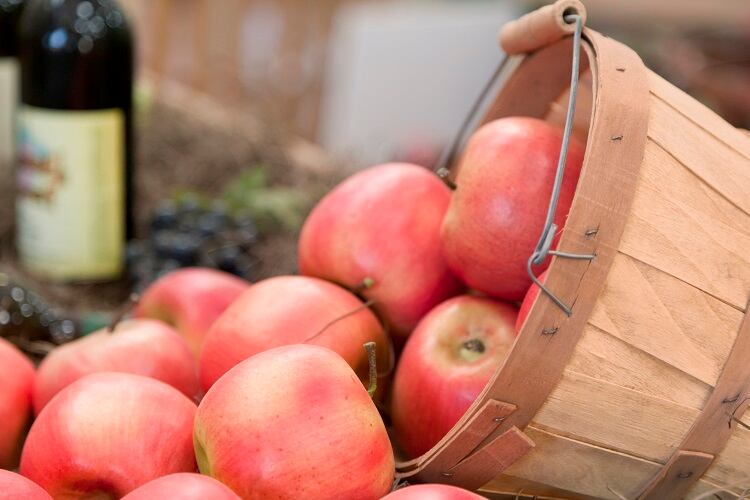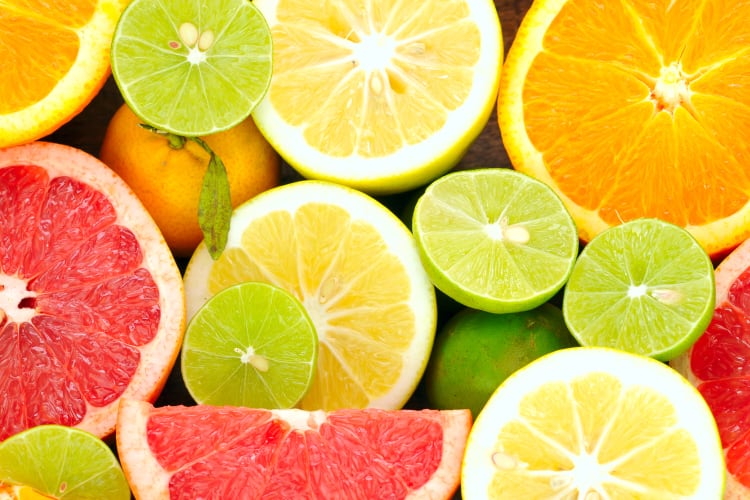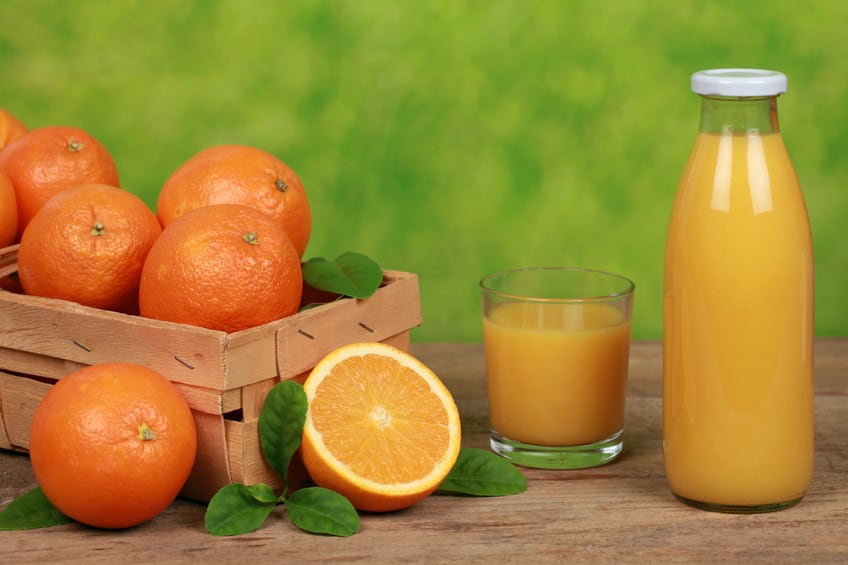Dietary flavonoids, a class of chemicals found in plants, appear to have a positive effect on blood pressure levels. Flavonoid-rich foods include apples, berries, pears, wine, tea, and dark chocolate.
At the same time, previous research has indicated a link between the microorganisms in the gut microbiome – which breaks down flavonoids – and cardiovascular disease. What has yet to be determined, however, is how all these elements interact.
“To our knowledge, to date, no study has directly investigated the gut microbiome that explains the associations between flavonoid subclass intakes, flavonoid-rich foods, and blood pressure in a community-based sample,” noted the researchers in the study.
The study
The research, led by Aedín Cassidy, chair and professor in nutrition and preventive medicine at Queen’s University in Belfast’s Institute for Global Food Security, recruited 904 adults between the ages of 25 and 82 from Germany’s Population-Based Recruitment for Genetics Research (PopGen) biobank.
Participants’ food intake, gut microbiome, and blood levels were evaluated, as were other clinical and molecular phenotyping at regular follow-up examinations.
They self-reported on food intake from the previous year, in order to calculate their intake of flavonoid-rich foods.
Researchers assessed the participants’ gut microbiome by extracting faecal bacteria DNA from stool samples. Blood pressure levels were also measured, and information collecting concerning participants’ sex, age, smoking status, medication use, physical activity, family history of coronary artery disease, number of daily calories, fibre consumed, and BMI.
Findings
Findings revealed that participants who had the highest intake of flavonoid-rich foods had lower systolic blood pressure levels, compared to those with the lowest consumption of flavonoid-rich foods – such as berries, red wine, apples and pears.
Those same participants presenting with lower blood pressure levels also had greater diversity in their gut microbiome.
Significantly, up to 15.2% of the association between flavonoid-rich foods and systolic blood pressure could be explained by the diversity in participants’ gut microbiome.
Concerning individual food intake, the researchers found that consuming 1.6 servings of berries per day was associated with an average reduction in systolic blood pressure levels of 4.1mm Hf, and about 12% of the association was explained by gut microbiome factors. Drinking 2.8 glasses of red wine (125ml per glass) was associated with an average of 3.7 mm Hg lower systolic blood pressure level – 15% of which could be explained by gut microbiome.
“Our gut microbiome plays a key role in metabolising flavonoids to enhance their cardioprotective effects, and this study provides evidence to suggest these blood pressure-lowering effects are achievable with simple changes to the daily diet,” Cassidy told the American Heart Association.
The lead researcher suggested future trials should look at participants according to metabolic profile in order to more accurately study the roles of metabolism and the gut microbiome in regulating the effects of flavonoids on blood pressure.
“A better understanding of the highly individual variability of flavonoid metabolism could very well explain why some people have greater cardiovascular protection benefits from flavonoid-rich foods than others.”
Source: Hypertension (AHA)
‘Microbial diversity and abundance of parabacteroides mediate the associations between higher intake of flavonoid-rich foods and lower blood pressure’
Published 23 August 2021
DOI: https://doi.org/10.1161/HYPERTENSIONAHA.121.17441
Authors: Amy Jennings, Manja Koch, Corinna Bang, Andrew Franke, Wolfgang Lieb, and Aedín Cassidy.





